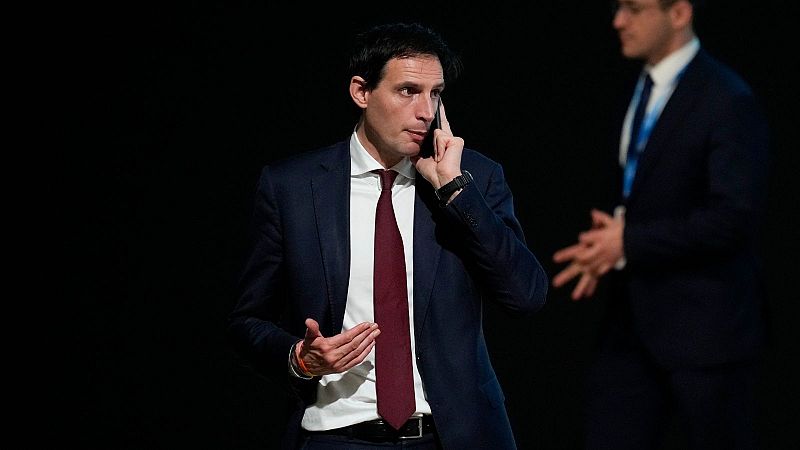
The EU’s top scientific advisors are urging the bloc not to use international carbon credits to meet its climate targets.
In an unprecedented intervention, the European Scientific Advisory Board on Climate Change (ESABCC) has today issued a report rebuking Brussels’ expected plan to weaken its 2040 goal.
The experts say the bloc must stay the course on cutting domestic greenhouse gas emissions by 90-95 per cent below 1990 levels by 2040, following suggestions last week that it would settle for something less ambitious.
“A 90-95 per cent domestic reduction target for 2040 is both achievable and in Europe’s own strategic interest. We need to reduce our dependence on fossil fuels, and the necessary technologies are largely available,” says Prof. Jette Bredahl Jacobsen, vice-Chair of the Advisory Board.
Domestic is the operative word; outsourcing our emissions cutting to other countries via carbon credits would be a misguided approach on several levels, the scientists and climate campaigners have emphasised.
What is the EU’s climate plan for 2040?
The EU has pledged to be climate neutral by 2050, and is almost on track to reduce emissions by 55 per cent by 2030. But its interim target for 2040 is yet to be legally fixed.
European Commission President Ursula von der Leyen, alongside climate chiefs Wopke Hoekstra and Teresa Ribera, had previously indicated that the EU would aim to cut its emissions by 90 per cent by 2040. That is at the lower end of what ESABCC recommended in 2023.
But after pushback from some governments, Hoekstra has delayed the revision of the European Climate Law until around 2 July. He is reportedly considering ways to make the 2040 goal more flexible, including the use of carbon credits.
What’s the problem with carbon credits?
Under a UN-backed framework agreed at the climate summit COP29 last year, carbon credits enable one country to pay for emissions-cutting projects in another nation, and count the saved CO2 towards its own progress.
Supporters claim these transactions are more cost-effective than domestic action and can help poorer countries get funding for climate action.
Critics, including scientists on the advisory board, argue that the credits risk diverting resources from domestic investments and could undermine environmental integrity.
“Delaying action or relying on international carbon credits would risk missing vital opportunities to modernise the EU’s economy, create quality jobs, and reinforce Europe’s position in clean tech leadership,” Bredahl Jacobsen says.
The ESABCC - which is an independent body legally tasked with making climate policy recommendations - has never commented on an ongoing political debate in this manner before.
Its 60-page report points to research showing that, “just 16 per cent of credits issued under various carbon crediting programmes to date have delivered genuine emission reductions.”
Green NGOs are glad to see the board taking a stand.
International offsets are “a waste of taxpayers’ money,” according to Michael Sicaud-Clyet, Climate Governance Policy Officer at WWF EU.
“Why should we pay other countries when we could be investing it in making our own industries more competitive? It's like sending someone else to school and expecting to receive the degree and results yourself.”
Scientists call for stronger adaptation plan too
International carbon credits aren’t necessary, the report stresses. A net domestic reduction in greenhouse gas emissions in the range of 90 to 95 per cent is both scientifically feasible and increases the fairness of the EU’s contribution to global mitigation.
Alongside mitigation, the advisory board is calling for stronger EU action on adaptation to protect citizens from increasing climate risks.
Rising greenhouse gas emissions have already driven global temperatures up by 1.3-1.4 °C, fuelling extreme climate events in Europe and around the world. Yet, the authors say, the EU’s current adaptation policy lacks measurable goals and a robust legal foundation.
“The risks from climate change are growing, and so is the gap between what’s needed and what’s in place,” says Prof Laura Diaz Anadon, vice-Chair of the Advisory Board.
“The EU should clarify its vision for climate resilience, and back it with governance, legal tools, and measurable targets. Without a stronger adaptation policy framework, Europe risks falling behind the pace of impacts from climate change.”







